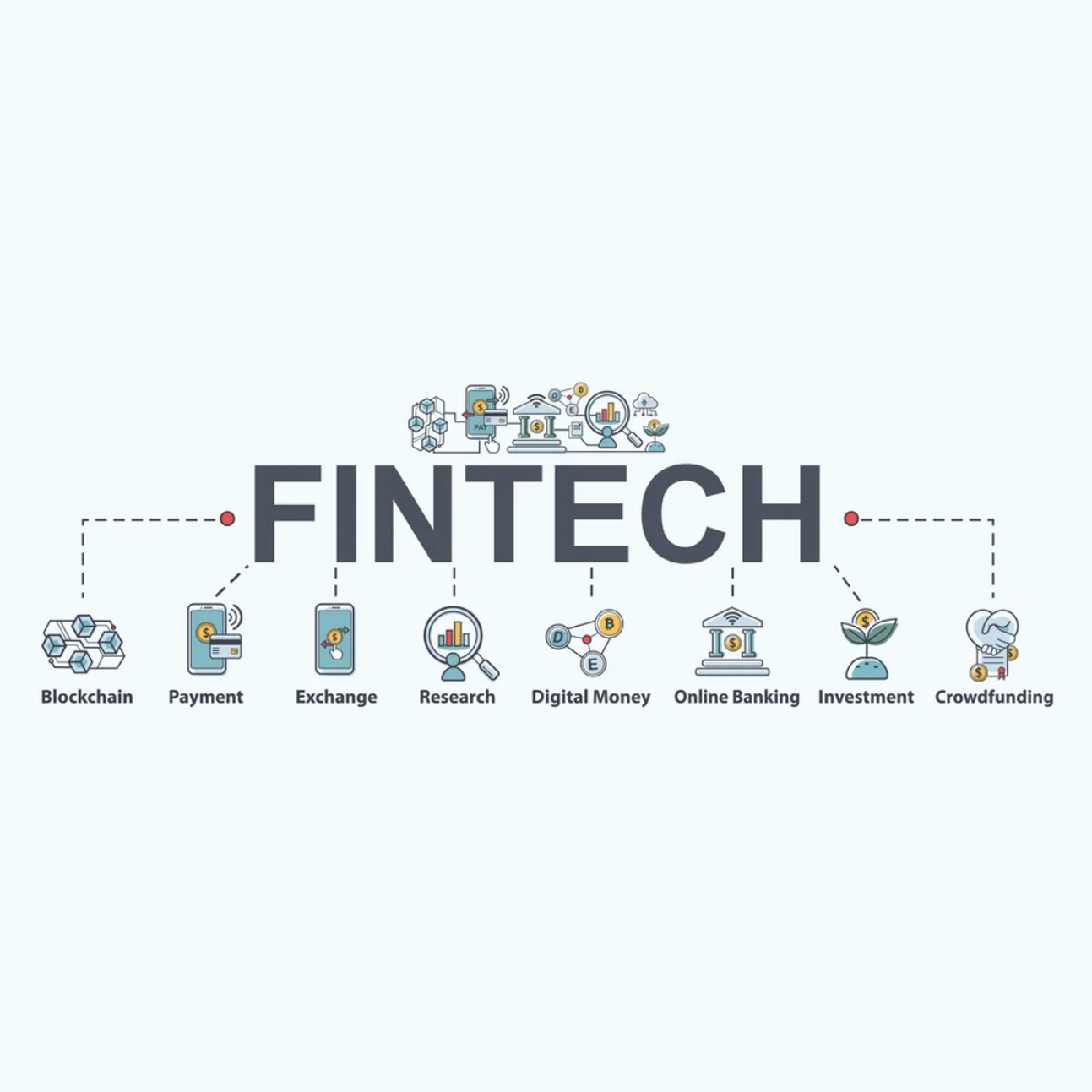
The world of Financial Technology, known as Fintech, has experienced rapid growth in recent years. These innovative companies are revolutionizing the financial industry by offering agile and efficient digital solutions for various financial services. However, this surge has also led to new regulations aimed at protecting consumers and ensuring the financial system’s stability. In this article, we will explore some of the most prominent trends in the Fintech ecosystem and the latest regulations that are shaping its future.
Trends in the Fintech Ecosystem:
- Artificial Intelligence and Big Data: Incorporating artificial intelligence and big data analysis has driven the personalization of financial services. Fintech platforms use this technology to provide personalized financial advice, assess credit risks, and detect fraud, offering users a more convenient and secure experience.
- Digital Payments and Cryptocurrencies: Traditional payment methods are gradually being replaced by digital solutions such as mobile wallets and payment apps. Additionally, cryptocurrencies have gained popularity, and some Fintech companies are developing platforms to facilitate transactions with digital assets, posing regulatory challenges and innovation opportunities.
- Peer-to-Peer (P2P) Lending: P2P lending platforms connect borrowers and investors directly, bypassing traditional bank intermediation. This trend democratizes access to credit and generates new investment opportunities, but it has also raised concerns about risk and consumer protection.
- Open Banking and APIs: The adoption of Open Banking, which enables secure data sharing between institutions, has led to closer collaboration between banks and Fintech. Application Programming Interfaces (APIs) are being used to offer integrated financial services, increasing user convenience and promoting innovation.
New Regulations in the Fintech Ecosystem:
- Anti-Money Laundering (AML) Compliance: Regulators are focused on strengthening measures against money laundering and terrorist financing in the Fintech sector. Companies must implement stricter controls to verify customer identities and monitor suspicious transactions.
- Consumer Protection: As Fintech companies expand their reach, regulators protect consumer rights and privacy. Regulations such as the General Data Protection Regulation (GDPR) have impacted how companies handle personal information.
- Licensing and Supervision: Many countries have established specific licensing regimes for Fintech companies, ensuring they operate safely and transparently. Additionally, regulators are working to adapt their supervisory frameworks to technological advancements to ensure the financial system’s stability.
Conclusion:
The Fintech ecosystem continues to evolve and transform how we interact with financial services. Technological trends and new regulations are shaping its development and global adoption. It is essential for Fintech companies to be prepared to adapt to these changes and strike a balance between innovation and regulatory compliance to provide a safe and trustworthy environment for consumers.